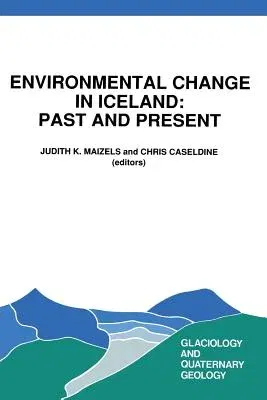3 new biota and extinction of others, and extensive soil erosion
reaching almost catastrophic proportions have led to desertification of
many upland areas and abandonment by local populations. The role of
climatic change as opposed to deforestation and sheep grazing in
creating these new environments has proved a further issue of great
controversy. While our understanding of historic environmental changes
remains inadequate, our knowledge of processes that are modifying the
present-day landscape is also sparse and selective. Little is known of
active periglacial processes, slope instabilities, and rates of soil
erosion by slope wash and aeolian transport. Coastal processes of
erosion and beach formation have been studied only locally. Most of our
information on recent or active processes comprises records of glacier
fluctuations, volcanic eruptions and jOkulhlaup events, but sti11little
is known of the mechanisms and processes of landscape change effected by
these events. This volume of papers, based on a conference sponsored by
the Quaternary Research Association and the Geologists Association and
held at the University of Aberdeen in April 1989, addresses many of
these crucial uncertainties regarding environmental changes in Iceland
from the Lateglacial onwards. The papers make a major contribution to
dispelling many earlier uncertainties and clarifying areas of
controversy. Many of the papers challenge traditional and poorly
supported ideas, replacing them with hypotheses based on new data and
new insights derived from the expansion of wider scientific expertise
and theory. The volume focuses on three major areas of research in
particular.


